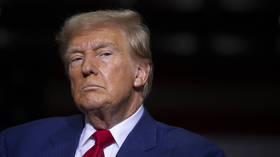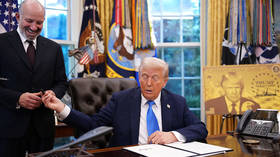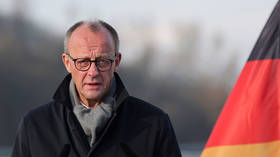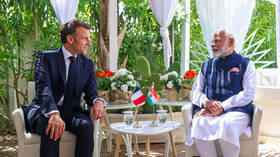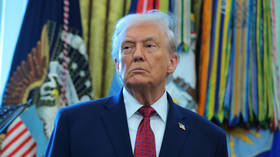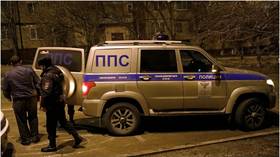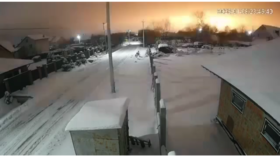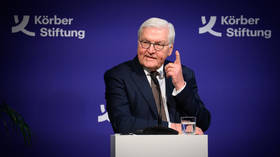‘Hideous crime aimed at genocide’: North Korea accuses US of anthrax attack
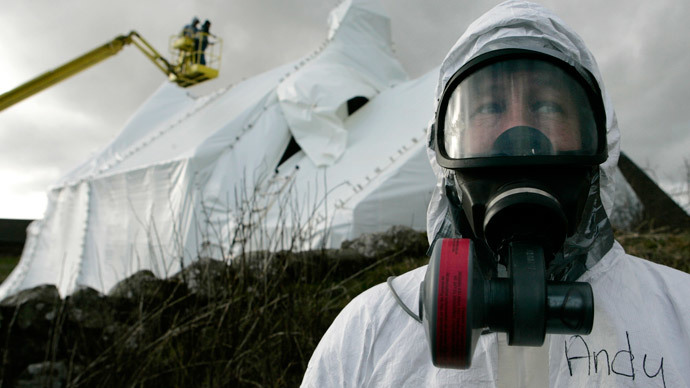
North Korea has accused the US of trying to target its people by sending a live anthrax sample to a US base in South Korea. Pyongyang asked the UN to investigate America's "biological warfare schemes," while Washington laughed off the allegations.
"The United States not only possesses deadly weapons of mass destruction... but also is attempting to use them in actual warfare against (North Korea)," Pyongyang's UN Ambassador Ja Song Nam wrote in a letter to the UN Security Council and UN Secretary-General Ban Ki-moon.
READ MORE: Live anthrax sent to 51 labs in 17 states and 3 nations – Pentagon
The letter dated June 4 was made public on Friday and included an attached statement from North Korea's National Defense Commission, blaming the US with a "hideous crime aimed at genocide."
North Korea sounded the alarm after the Pentagon announced that several countries outside the US are known to have received live anthrax samples over the course of a one-year period. South Korea was on the list of foreign countries that inadvertently received the germs that can be used as a biological weapon.
On Friday the US raised the number of foreign countries that received the deadly bacteria to five, revealing that it shipped live anthrax to an American base in Japan. Australia, Canada and Britain are also among the states said to have received it.
READ MORE: US encircling Russia with bioweapons labs, covertly spreads them – Russian FM
While the US Department of Defense has said that the investigation has not found any indication that the samples were sent as a result of a deliberate action, North Korea urged the world to consider the shipments America's "gravest challenge to peace."
Pyongyang "strongly requests the Security Council take up the issue... in order to thoroughly investigate the biological warfare schemes of the United States," its address to the UN said.
The spokesman for the current council president said he had not heard of any initiatives on the council to take up the issue, but would inquire further, the Guardian reported.
Washington acknowledged it had seen the letter, but chose not to respond to it. "The allegations are ridiculous. They don't merit a response," US State Department spokesman Jeff Rathke said, as quoted by Reuters.


